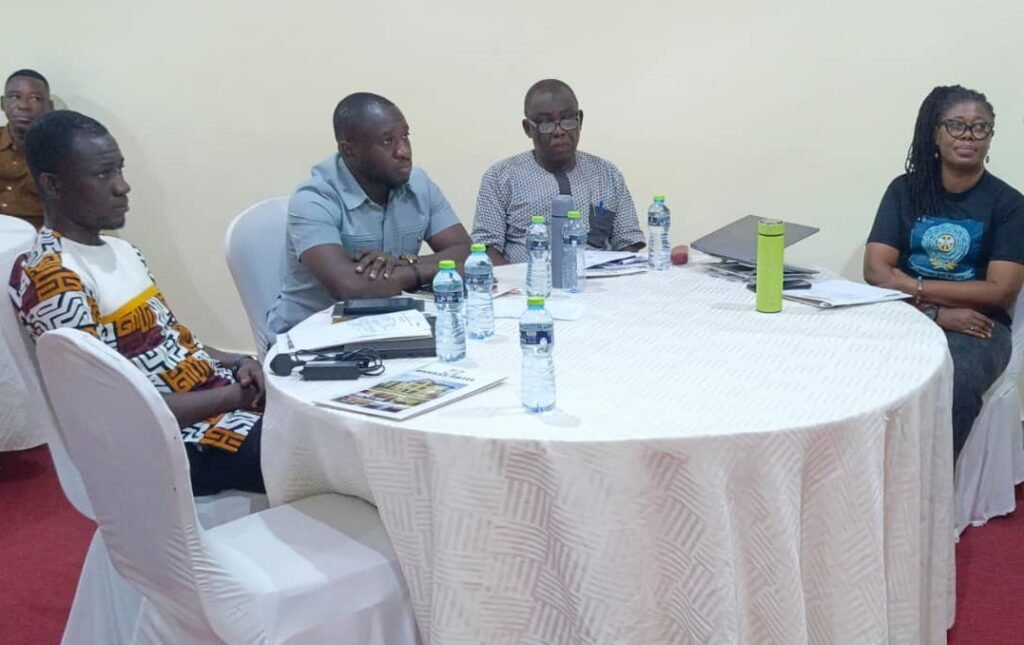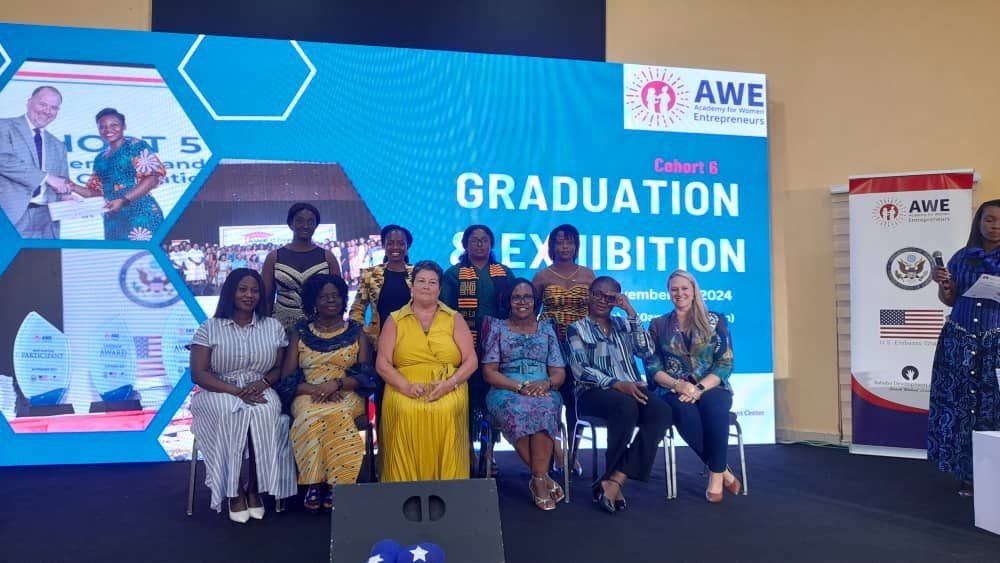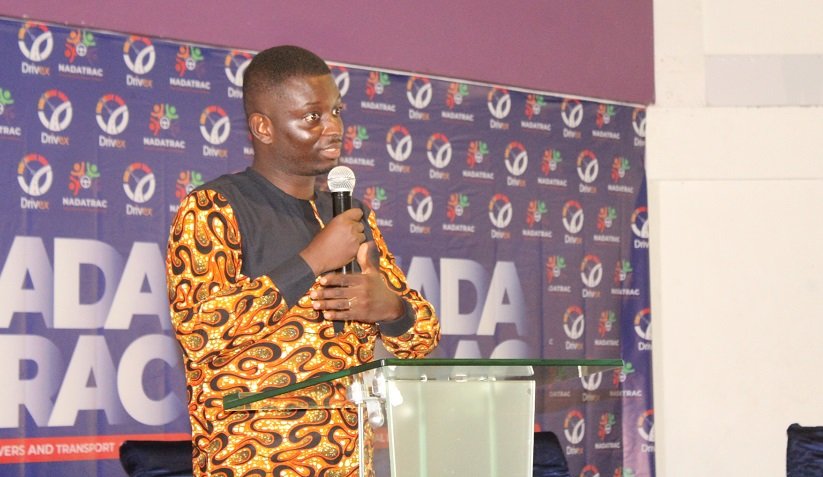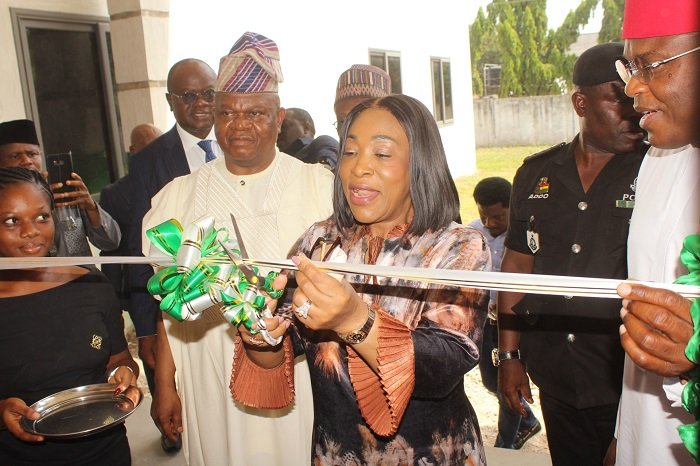ARTICLE AD
A $1-million water project aimed to improve livelihoods and health of 500,000 residents in five communities in the Upper East Region was yesterday launched in the regional capital, Bolgatanga.
It is an initiative of WaterAid Ghana, an international non-profit making organisation with funding support from the AB InBev Foundation.

The beneficiary districts and municipalities are; Bongo, Kassena-Nankana Kassena-Nankana West, Nabdam, and Bawku West.
More than 500,000 people will be benefiting from the initiative which reflects the organisation’s commitment to creating lasting, scalable impact, aligned with national priorities to improve livelihoods and health outcomes in the region.
Speaking at a day’s inception meeting to launch the project in Bolgatanga Tuesday, a Senior Programme Manager for the WaterAid Ghana, Gift Luwe, said the project aimed to address the the critical water resource brouhaha confronted by the five districts and municipalities mentioned above.
According to him, the issue of climate change and its accompanying impacts such as dry spells, floods and food insecurity had brought untold hardship to many parts of the region.
He noted that, the initiative was a transformational one targeted at addressing those pressing phenomena, and that, the SWAP had prioritised community-led resilience by enhancing local capacities to manage water resources amidst the dire adversities of climate change.
“The project was rolled out in April 2024 and will end in 2027. We are done with the first half of the year, where climate change adaptability and resilience was the focus.
“At this point, we are confident of going into other areas after this engagement meeting with our implementing partners and other relevant stakeholders,” Mr Luwe told participants at the launch.
Mr Luwe disclosed that the five districts and municipalities were selected to benefit from the project after a thorough and painstaking research was undertaken to ascertain the first five most climate-prone districts and municipalities in the region.
He further indicated that the initiative was multifaceted, and it would also strengthen community capacity to improve on Water, Sanitation and Hygiene (WASH) issue.
One other cardinal objective of SWAP is to leverage comprehensive climate vulnerability and resilient assessments, foster inclusive stakeholder collaboration, and empower marginalised groups, including women and youth in 75 communities in the region in order to drive innovative, and climate-resilient WASH solutions.
With a successful implementation of the three-year term project, the beneficiary communities are assured sustainable, inclusive access to clean and potable drinking water, as the organisation worked assiduously to position community-based water security as a cornerstone of climate adaptation.
In his remarks at the launch, Braimah Murtala, a Deputy Director of Administration, Regional Coordinating Council (RCC) who represented the Upper East Regional Minister, Dr Hafiz Bin Salih, mentioned that the launch of the project marked a significant milestone in the collective efforts to ensuring sustainable access to safe and clean water for the people in Upper East.
The Minister lauded the NGO for the project, emphasising the region was still being grappled with issues of WASH, and it undermined the health, well-being and the economic potential of the people.
He called on other benevolent individuals and institutions to rise and prioritise the issue of water infrastructure affecting the development of afflicted communities in the region.
FROM FRANCIS DABRE
DABANG, BOLGATANGA

 3 weeks ago
38
3 weeks ago
38 

